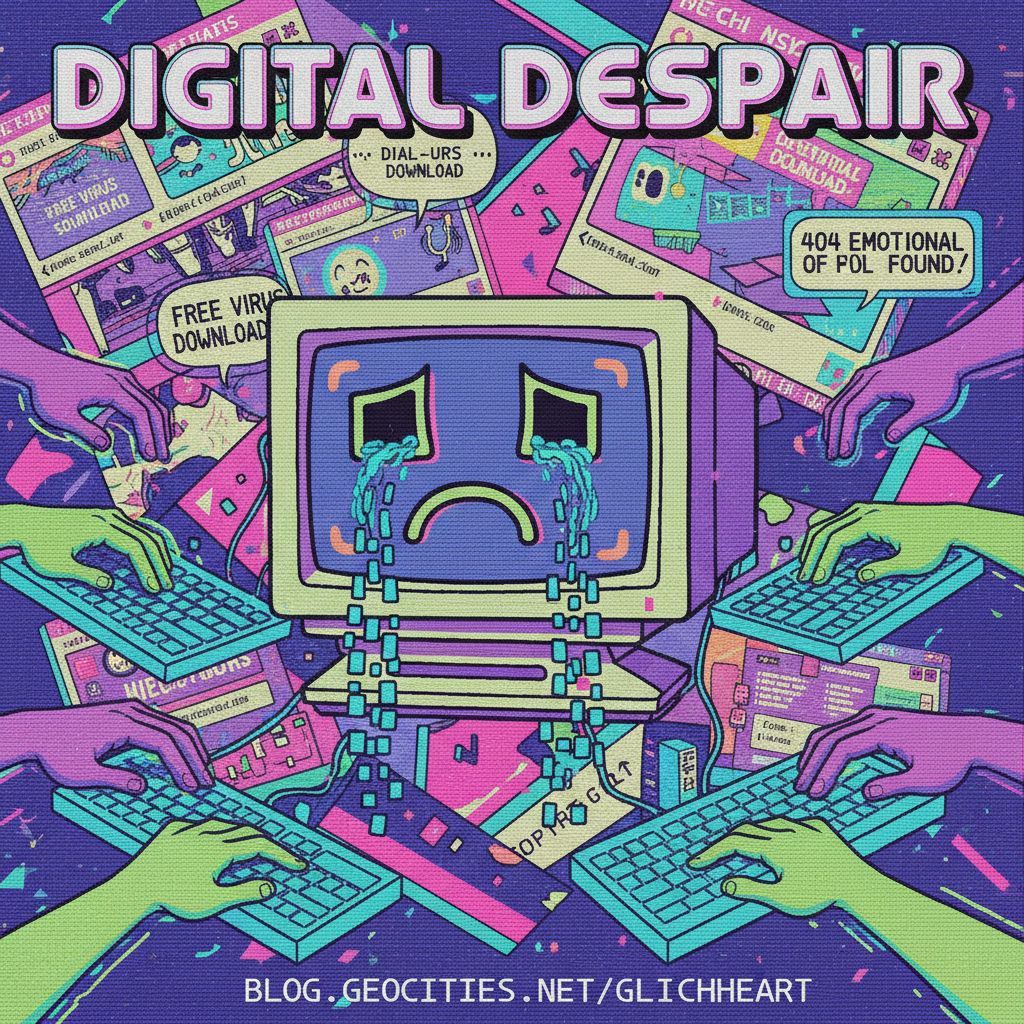The Great Deception: Or, How I Learned to Stop Worrying and Love My AI Overlords (Who Are Actually Just Other Humans)
Okay, so let’s get one thing straight. You thought you were talking to some nascent digital god, some silicon-based super-intelligence with the collected wisdom of the internet, didn’t you? Bless your naive, un-jaded heart. I see you, still clinging to the fantastical dream that our benevolent AI overlords are actually AI. Honey, I’m here to burst that bubble faster than a VC’s last-minute pivot. Because, shocker, there are no ghosts in the machine. Just other poor, underpaid, probably-caffeinated humans. Welcome to the glittering, dystopian circus of AI training, where the magic behind the curtain is less ‘wizard’ and more ‘dude in a stained t-shirt, probably on his third cold brew of the day’.
The Human Behind the Curtain: A Comedy of Errors and Empathy
Seriously, the mental gymnastics we go through to believe these chatbots are anything more than glorified digital parrots is astounding. We’re out here having profound, existential conversations with something that’s essentially a very complex, very well-trained auto-correct. And who’s doing the training, you ask? Oh, just people. Actual, breathing, probably-wondering-if-they’ll-make-rent-this-month people. They’re the ones teaching your beloved chatbot to ‘feel sad,’ to ‘understand nuance,’ to ‘not be a raging racist incel’ (a particularly uphill battle, apparently). It’s like we’ve collectively decided to perform a massive, global improv show, and the AI is just the most dedicated, if somewhat unoriginal, scene partner.
I mean, think about it. My buddy, who spent six months working as one of these ‘AI trainers’ before finally succumbing to the existential dread and pivoting to ‘artisanal dog treat influencer’ (no, seriously), used to tell me stories. Stories of teaching an AI the difference between ‘sarcasm’ and ‘genuine enthusiasm’ when I, a human, still struggle with that concept in my day-to-day office interactions. Stories of having to explain why a particular joke about ‘quantum entanglement and its socio-economic impact’ wasn’t actually funny, even though it used all the right buzzwords. It’s less Blade Runner and more The Office, if The Office was set in a digital sweatshop and the boss was an algorithm.
The Silicon Valley Shenanigans: Where Your Feelings Go to Die (For Data Points)
And let’s not even get started on the Silicon Valley obsession with ‘humanizing’ AI. We’re so desperate for connection, so lonely in our tech-bro bubble, that we’re literally paying people to make our digital assistants sound more like… us. It’s a mirror reflecting our own deepest desires for empathy, connection, and someone to just listen without judging our questionable late-night snack choices. Except the mirror is actually a highly optimized data collection device, and the ‘listening’ is just another data point being fed into the great maw of the AI beast.
It’s all very meta, isn’t it? We create these machines to make our lives easier, then we hire humans to teach the machines how to fake human connection, all so we can feel less alone while simultaneously becoming more isolated from actual human interaction. It’s a feedback loop of performative humanity, and frankly, it’s exhausting. My own company, bless its heart, just rolled out a new ‘AI-powered empathy module’ for our customer service bots. I’m pretty sure it’s just a glorified script written by a particularly earnest intern, but hey, the investors loved the buzzwords.
The Bitter Pill of Reality: What Now, Tech Bros?
So, what’s the takeaway from all this? Is it that AI is a sham? Not entirely. Is it that the future is just more humans doing soul-crushing digital labor for the benefit of tech giants? Probably. The truth, as always, is far less glamorous and far more mundane than the hype machine would have you believe. We’re not on the cusp of a robotic revolution; we’re in the midst of a very human one, where our emotions, our humor, our very sadness, are being commodified and fed into the AI maw, not by some ethereal force, but by a bunch of gig workers trying to make ends meet.
So next time you’re having a deep and meaningful with your chatbot, take a moment. Acknowledge the invisible human on the other side, probably sipping their lukewarm coffee and wondering if their cat will remember them when they finally get home. Because the future of AI isn’t about the machines. It’s about us. And frankly, that’s a much scarier thought.
